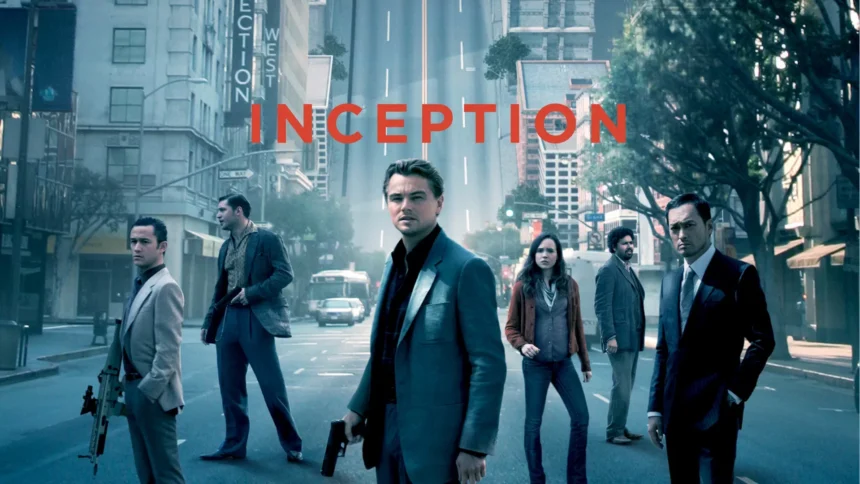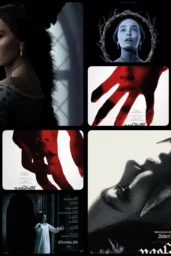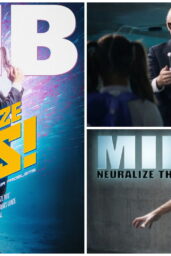The Canvas of Dreams: “Inception” isn't just a film; it's an experience. Nolan, known for his love of bending time and reality, crafts a narrative where the dream state is as tangible as the waking world. With Leonardo DiCaprio as Dom Cobb, we're introduced to a thief who doesn't steal jewels but secrets from the mind. The ensemble cast, including the intense Tom Hardy, the enigmatic Marion Cotillard, and the stoic Ken Watanabe, brings to life a tale that's both a heist and a psychological journey.
Nolan's Vision: After the monumental success of “The Dark Knight,” Nolan aimed higher. “Inception” was his attempt to not just entertain but to challenge the viewer's perception of reality. The film's structure, with its dream within a dream, mirrors the complexity of human consciousness, offering layers upon layers of narrative that require your full attention. Here, Nolan uses chaos not as an obstacle but as a narrative resource, turning every twist and turn into a part of the journey.

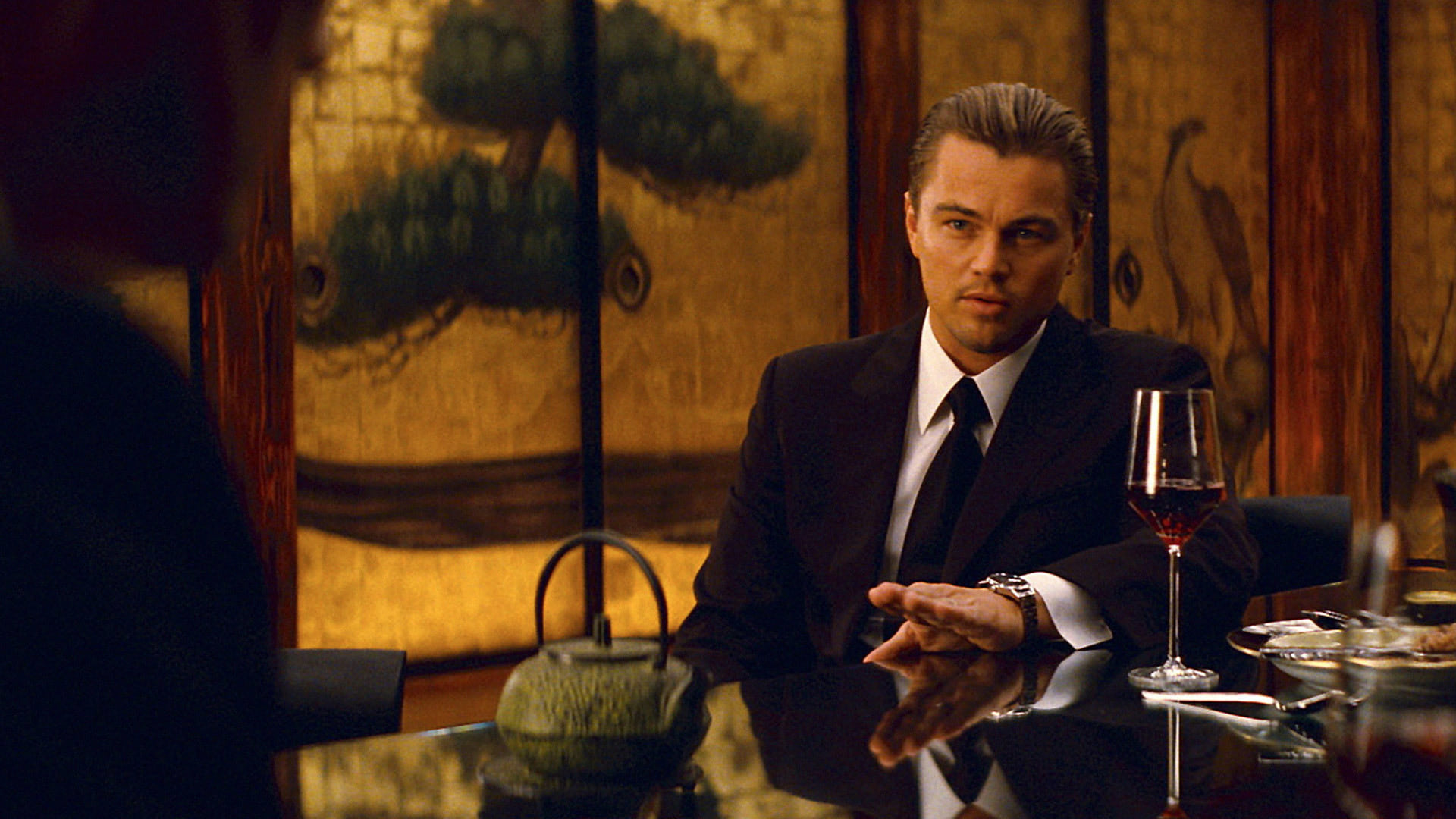
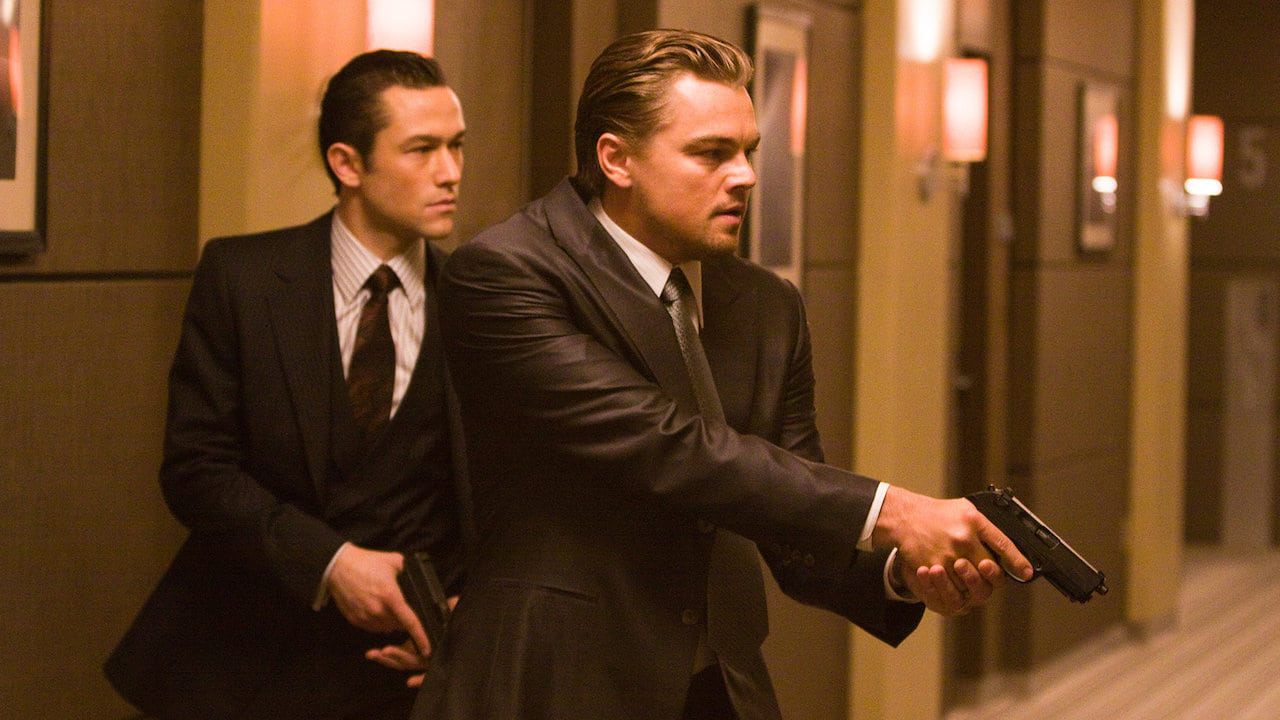
The Technical Marvel: The film was a technical tour de force, earning four Academy Awards for its visual effects, cinematography, sound editing, and sound mixing. Yet, the irony stands; Nolan, a master of visual storytelling, didn't get a nod for Best Director that year. “Inception” was a testament to the power of cinema to not only tell a story but to make you feel the disorientation and thrill of dreaming.
Philosophical Undercurrents: At its core, “Inception” is about guilt, loss, and redemption. Cobb's journey is one of atonement, battling his past within the very dreams he manipulates. It's a narrative that asks profound questions about reality, memory, and the human soul. How do we confront our regrets? Can an idea truly be planted in someone's mind, or does it grow from seeds we've long forgotten?
The Netflix Experience: Now, with “Inception” streaming on Netflix, viewers can pause, rewind, and dive back into those dream layers at their leisure. It's an opportunity to appreciate not just the plot but the artistry behind each frame. The film's availability on such a widespread platform means that its legacy might grow, finding new fans who are ready to challenge their perceptions of what cinema can achieve.
Conclusion: “Inception” remains a landmark in cinema, a film that dares to ask what happens when we dream too deeply. As it lands on Netflix, it's not just a chance to watch but to think, to engage with one of the most ambitious films of this century. It's a reminder of why we love movies – for their ability to transport us to places we've never been, even if they're within our own minds.
Personal Impressions: Watching “Inception” again, even after all these years, feels like revisiting an old friend with new secrets to reveal. Nolan's work here is both a puzzle and a poem, demanding and rewarding. However, the film's complexity can sometimes overshadow its emotional core, leaving one to wonder if the heart of the story beats as loudly as the mechanics of the dream. Yet, when it comes to sheer cinematic ambition, “Inception” is unparalleled, a testament to what happens when a director dreams big.
Do you think “Inception” remains relevant in our current era of streaming and virtual reality, or does its narrative complexity lose some of its magic outside the theater?

